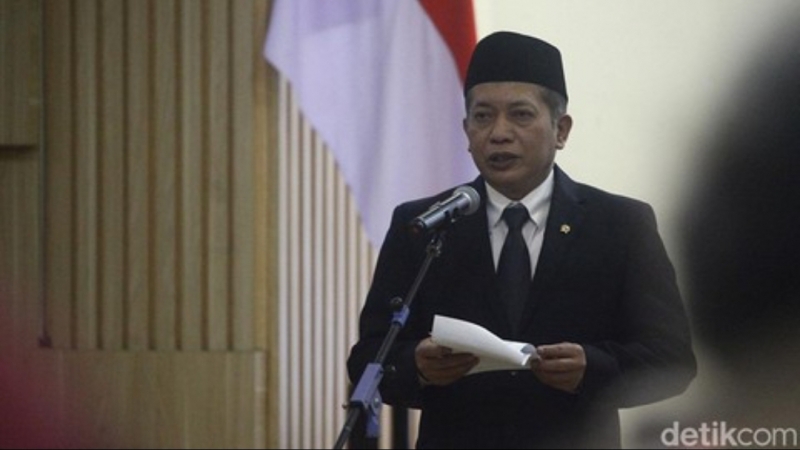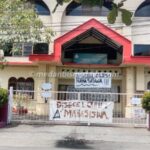The Red and White Village/Subdistrict Cooperative will implement a financial technology (fintech) system. The Minister of Cooperatives stated that this system is different from savings and loan cooperatives.
According to the Minister, savings and loan cooperatives are intended for more consumptive loans. With this fintech system, the Minister explained that it is for financing productive sectors.
“Actually, we will develop what appears to be not savings and loans but rather credit services. So if savings and loans are more consumptive, this credit service will provide financing to productive sectors in the village,” said the Minister when met at his office in South Jakarta.
In a working meeting presentation with Commission VI of the House of Representatives, the Ministry of Cooperatives showed a video related to the digitalization of the Red and White Village/Subdistrict Cooperative. Cooperative members can enjoy various services, from bill payments, saving, borrowing funds, accessing e-banking, to online payment services.
Additionally, this cooperative fintech system also facilitates the operational performance of cooperatives and complies with the Ministry of Cooperatives regulations for Red and White Village/Subdistrict Cooperatives. Cooperatives will also be able to distribute direct cash assistance (BLT), business funding, financial subsystems, to small business credit. All these activities will be digitally recorded, making it easier for cooperative management and strengthening accountability.
A former Minister of Cooperatives said this fintech system will be used for saving, distributing loans, and capital financing. The term fintech was mentioned to be more neutral.
“So what is fintech? It’s everything – for savings, for loans, for capital financing, and so on. We use the term fintech because it’s more neutral. If we use other terms, I’m afraid the image would be more negative,” said the former Minister when met at the House of Representatives building in Central Jakarta.
Red and White Village/Subdistrict Cooperative
The Red and White Village/Subdistrict Cooperative is a community-based economic model in Indonesia, inspired by the national red and white flag symbolizing unity. It was established to foster local economic empowerment through collective micro-businesses and agricultural initiatives. The cooperative’s history is rooted in post-reformasi community development efforts to improve self-sufficiency and reduce poverty at the grassroots level.
Ministry of Cooperatives
The Ministry of Cooperatives is a government institution responsible for developing and promoting the cooperative sector within a nation’s economy. Its history is tied to the cooperative movement, which gained prominence in the 19th and 20th centuries as a means for community economic development and empowerment. The specific ministry was established to formalize government support, providing guidance, regulation, and resources to cooperatives.
House of Representatives
The House of Representatives is the lower chamber of the United States Congress, established in 1789 by the Constitution. It is composed of representatives who are elected from congressional districts across the country, with representation based on the population of each state. Its primary responsibilities include initiating revenue bills, impeaching federal officials, and electing the President in the case of an Electoral College tie.
Commission VI
I am unable to provide a summary for “Commission VI” as it does not refer to a specific, well-known place or cultural site. The term is likely a reference to an internal committee, administrative body, or a specific project within an organization, rather than a public landmark or heritage site with a documented history for public consumption.
South Jakarta
South Jakarta is one of the five administrative cities within the Special Capital Region of Jakarta, Indonesia. Historically, it was a key area for the development of Kebayoran Baru, one of the country’s first modern planned residential areas, built after Indonesia’s independence. Today, it is a major commercial and business hub, home to numerous corporate headquarters, shopping malls, and affluent neighborhoods.
Central Jakarta
Central Jakarta is the administrative and political heart of Indonesia, home to the National Monument (Monas) and key government institutions like the State Palace. It was developed as the capital’s central district during the Dutch colonial era, originally known as Weltevreden, and remains the core of modern Jakarta’s business and governance.






